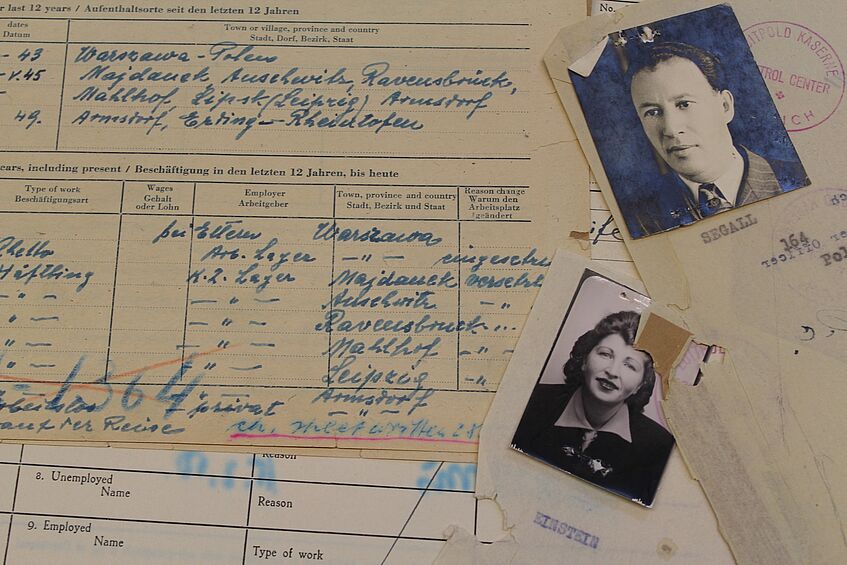Norms, Regulation and Refugee Agency: Negotiating the Migration Regimes

Norms, Regulation and Refugee Agency: Negotiating the Migration Regimes
Project Lead: Prof. Dr. Kerstin von Lingen, Prof. Dr. Christoph A. Rass, PD Dr. habil. Frank Wolff
Project Researchers: Franziska Maria Lamp, BA BA MA, Jessica Wehner, M Ed
Associated Researchers: Dr. in Linda Erker, Mag. Philipp Luis Strobl, PhD, MA
Funding: D-A-CH-Projekt, FWF (Lead Agency) und DFG
Project number: I 5444 International Projects
Duration: 2022/02/01 – 2026/01/31
Website
Central Europe at the end of the Second World War can be perceived as a hub of migration, displacement and resettlement. Our project aims to provide a historical analysis of post-world war II migration movements, by focusing on specific groups of Displaced Persons and refugees, their situation in Austria and Germany, as well as their subsequent life trajectories in different host societies. Thereby, our understanding of the relationship between migrant agency and institutional responses to forced displacement will be enhanced. This project argues that integrating migration studies into the history of the post war, by scrutinizing the complex interdependence in post-war societies at the verge of the Cold War, allows us to map experiences and outcomes of displacement. This informs also current perceptions on ‘refugedom’ (Gatrell) and displacement. The research of our project will advance the understanding of the mechanics of different (supra)national institutions who were charged with the management of the situation, and at the same time zoom in into the agency of migrants in shaping their own future within the framework of the migration regimes, by “navigating the system”.
Departing from a top-down approach, this project proposes a systematic analysis of the interplay between governance and migrants' agencies, making use of hitherto not systematically explored data, especially from Arolsen archives and Vienna. The research for this project is conducted in three individual research projects by two PhD and one Post Doc researcher. Within these projects, concepts such as class, gender, health condition, age and ethnicity will be used in order to differentiate between the many different responses to displacement by the victims of forced migration.
For more information please visit the project's website.
